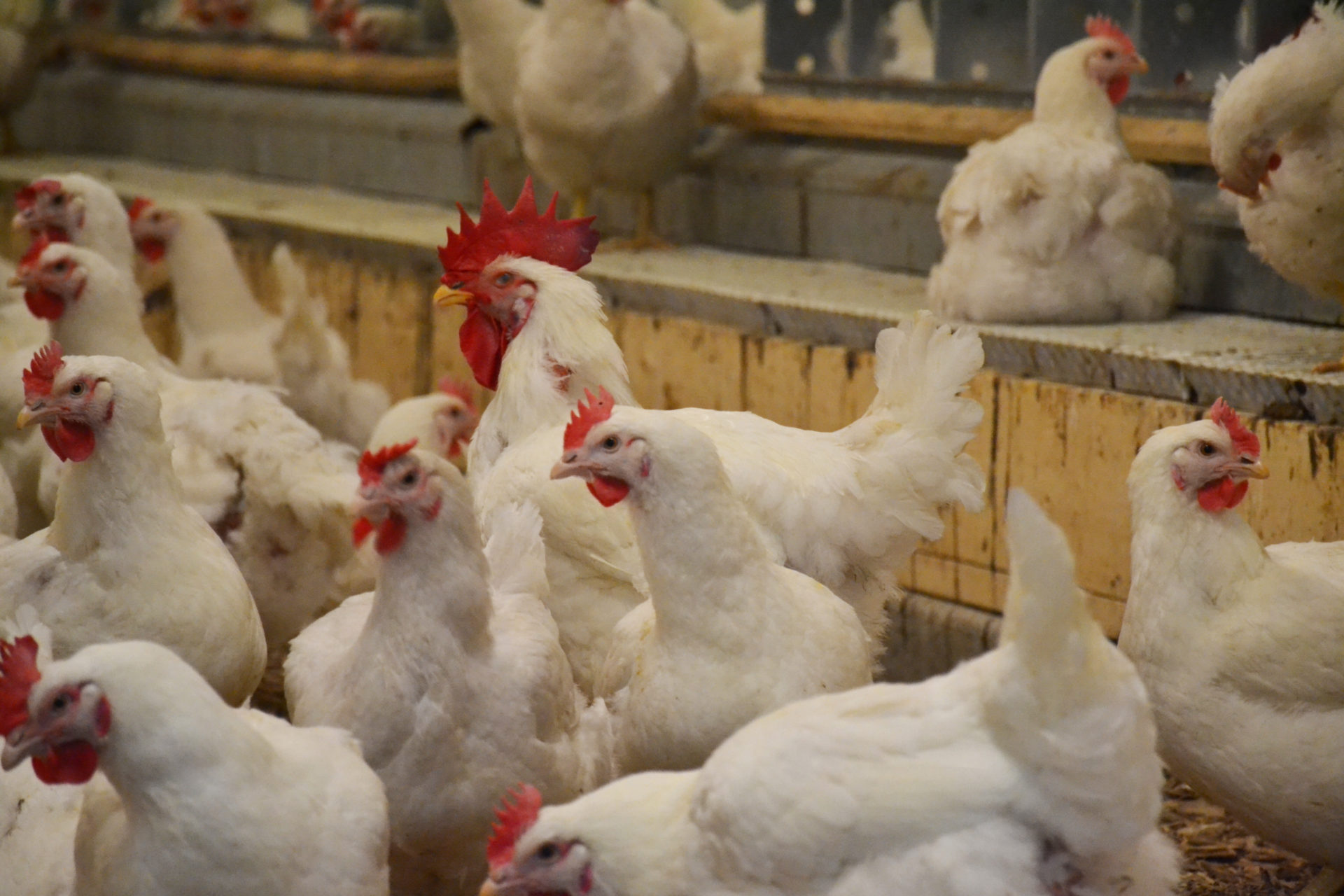COVID-19 hit BC hatching egg producers hard as the disease roiled demand for broilers, forcing them to anticipate where demand might lie months in the future.
While fully grown broilers can be processed and their meat frozen when demand shifts, hatching eggs can’t be shelved if they’re not wanted. Indeed, the BC Broiler Hatching Egg Commission reported at its annual general meeting this week that it paid producers more than $670,500 in compensation for seven flocks rendered last year following pandemic-related shifts in demand.
The challenges of keeping pace with the broiler sector also means that supply management is critical for all stakeholders, said commission chair Jim Collins.
“BC is a high-cost province,” he said. “Without supply management we would not have the chicken industry we have today. But even so, in the commission’s view, pricing – which is the third pillar of supply management – remains an issue.”
Unlike the dairy and egg sectors, there is no national cost of production formula for the broiler industry. The lack of a systemic approach that takes regional costs into account pits stakeholders against one another.
“We cannot win a race to the bottom; we can’t engage in a pricing war and win it in the long-term,” said Collins. “Working with all BC stakeholders on this issue is a critical component of the commission’s pricing strategy going forward.”
The past year has seen notable progress towards good relations with the chicken producers, and both the broiler and hatching egg sectors look forward to a roundtable discussion on pricing in June that promises to herald the end to three years of discussion regarding a long-term pricing strategy.
“The chicken board and the commission have been working very, very hard on that over the last year to come up with a solution that provides stability and certainty going forward,” said Collins. “We’re in the home stretch now and we’ll see what happens over the next couple of months or so.”


 IAF elects new executive
IAF elects new executive